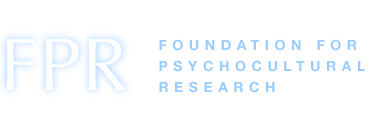From Toxins to Culture: How Environment Shapes the Infant Brain
AAAS 2016 Annual Meeting / Global Science Engagement
Website: https://aaas.confex.com/aaas/2016/webprogram/Session12229.html
Sunday, February 14, 2016: 1:30 PM-4:30 PM
Prenatal and perinatal environmental factors, from toxins to maternal care and culture, profoundly influence the brains of infants, sometimes resulting in lifelong pathologies. The effects of these factors have only recently been rigorously assessed in humans, and the mechanisms by which they affect the brain are only beginning to be understood. This symposium discusses recently established links between autism and vehicular air pollution in both the developed and developing world; and how the microbiome, a target for infections and nutrition-related pathologies, directly affects the developing brain and can contribute to development of autism. The session also discusses how maternal inputs and cultures modify the impact of the physical environment on the brain, and how epigenetic mechanisms mediate the long-term impacts of prenatal and perinatal factors. These findings have broad implications for policies to preserve the health of children and adults around the world.
Organizer:
Marie-Francoise Chesselet, University of California, Los Angeles (UCLA), FPR Scientific Advisory Board
Moderator:
Marie-Francoise Chesselet, UCLA
Speakers:
- Beate Ritz, UCLA, Air Pollution Impacts Fetal Development and Increases Autism Risk
- Elaine Y. Hsiao, UCLA, The Role of Gut Microbiomes in Neurodevelopmental Disorders
- Bruce McEwen, Rockefeller University, Mother-Infant Interactions Influence Both Cognitive and Physical Development
- Moshe Szyf, McGill University, Nurture Alters Nature through Epigenetic Modifications of DNA

